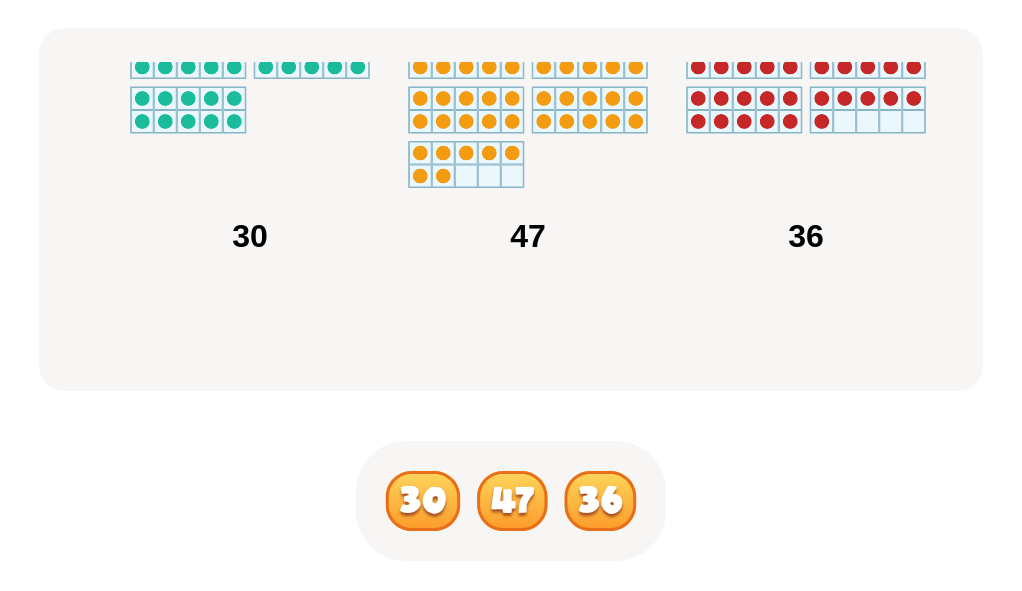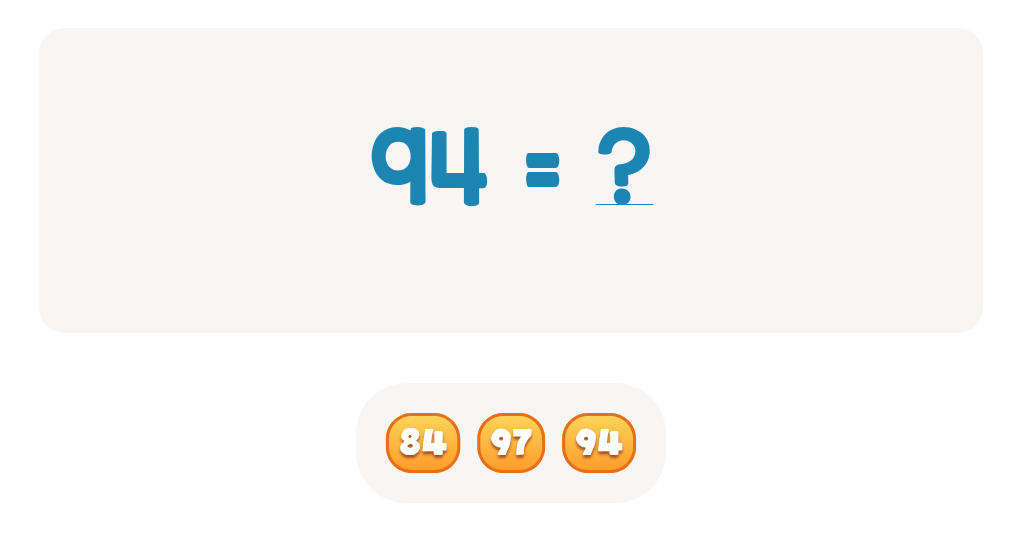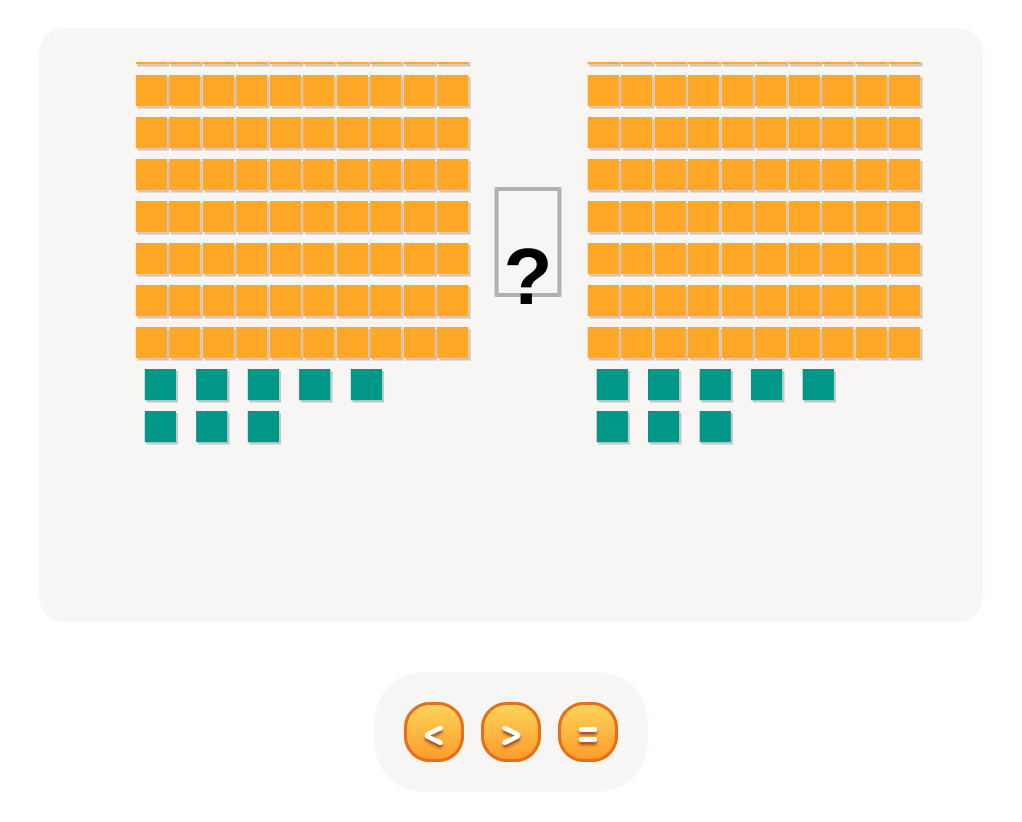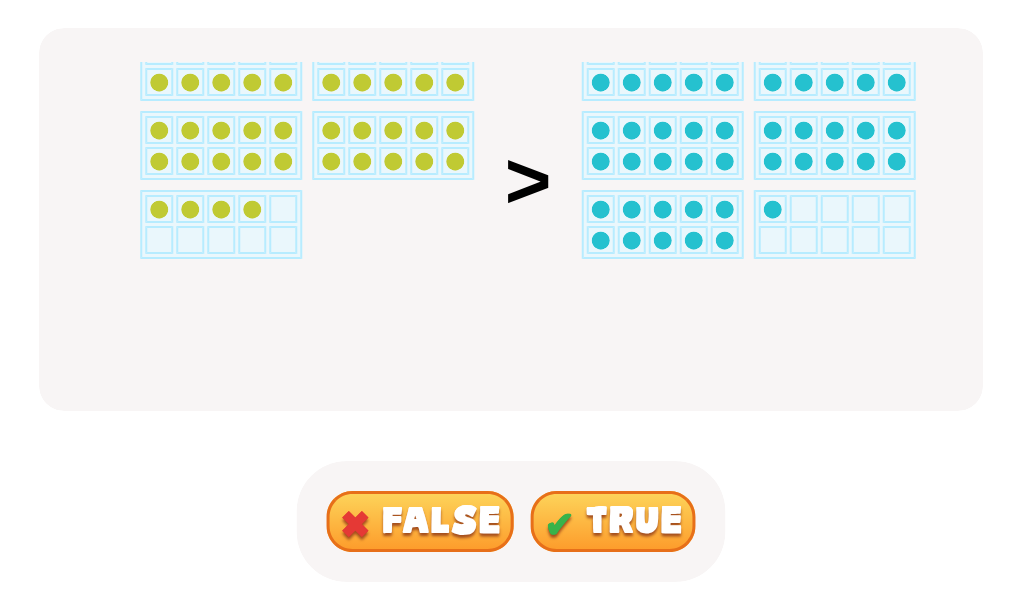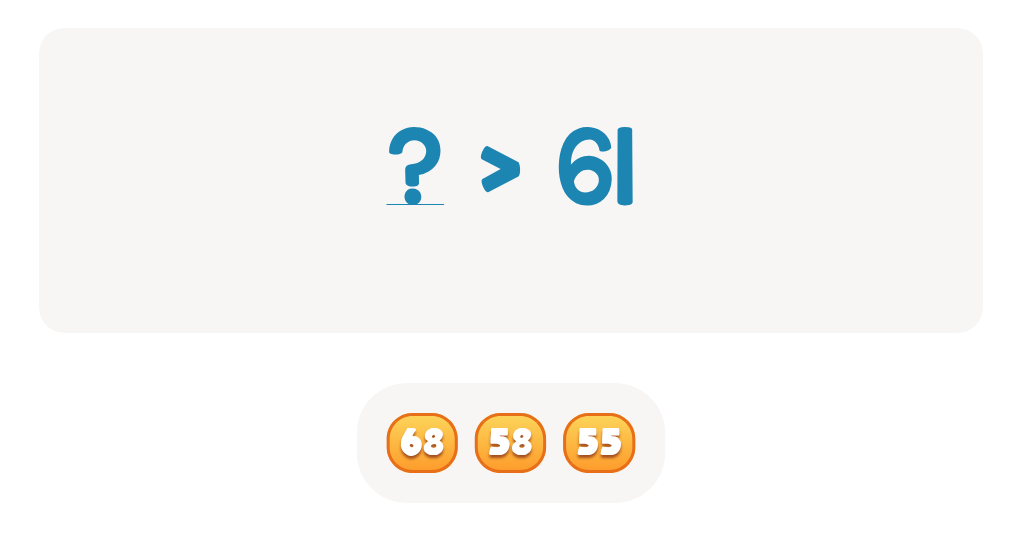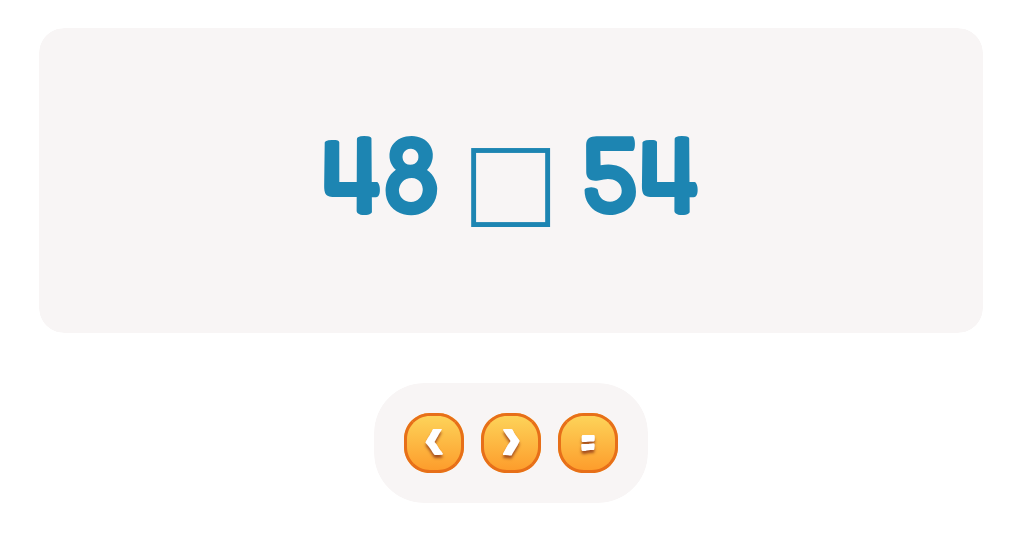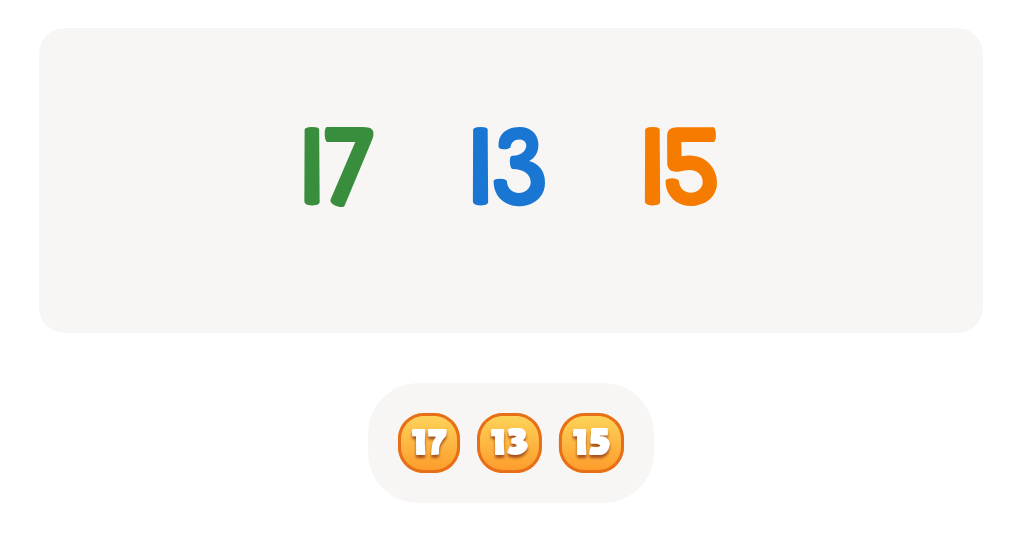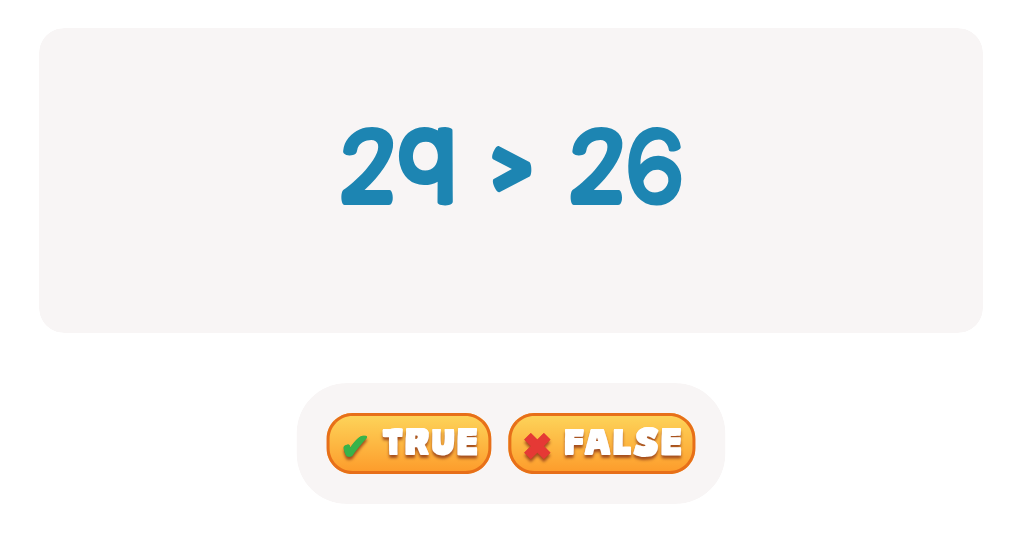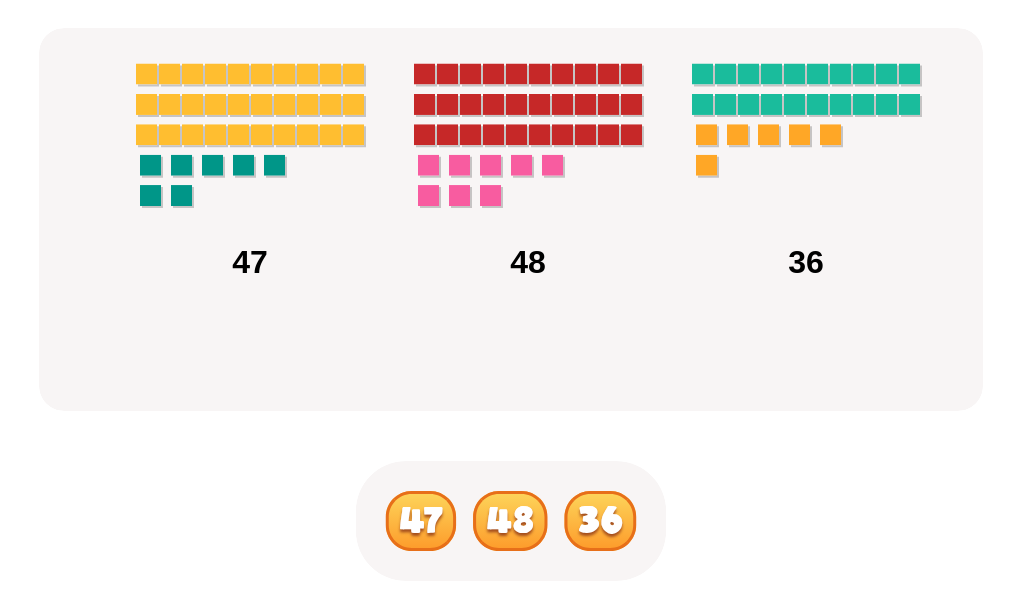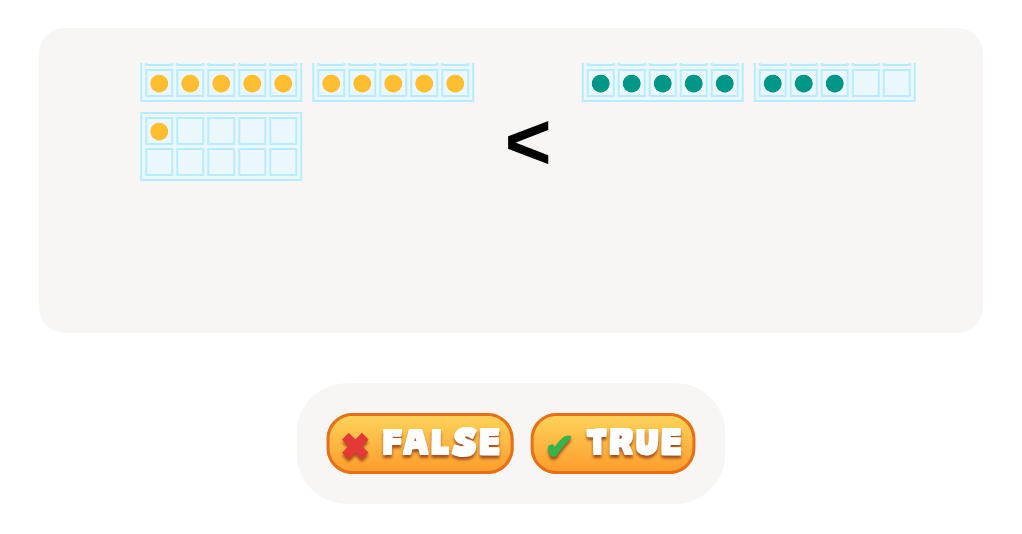Comparing Numbers Worksheets for Ages 4-8
52 filtered results
-
From - To
Boost your child’s math skills with our Comparing Numbers Worksheets designed for ages 4-8! These engaging, interactive worksheets help young learners master the fundamentals of comparing numbers in a fun and educational way. Tailored to enhance their understanding of greater than, less than, and equal to concepts, our printables offer a variety of exercises that are perfect for Kindergarten to 2nd-grade students. Whether it’s for classroom practice or extra homework help, Kids Academy provides a valuable resource to build your child’s confidence and proficiency in math. Download today and watch your child excel in comparing numbers!
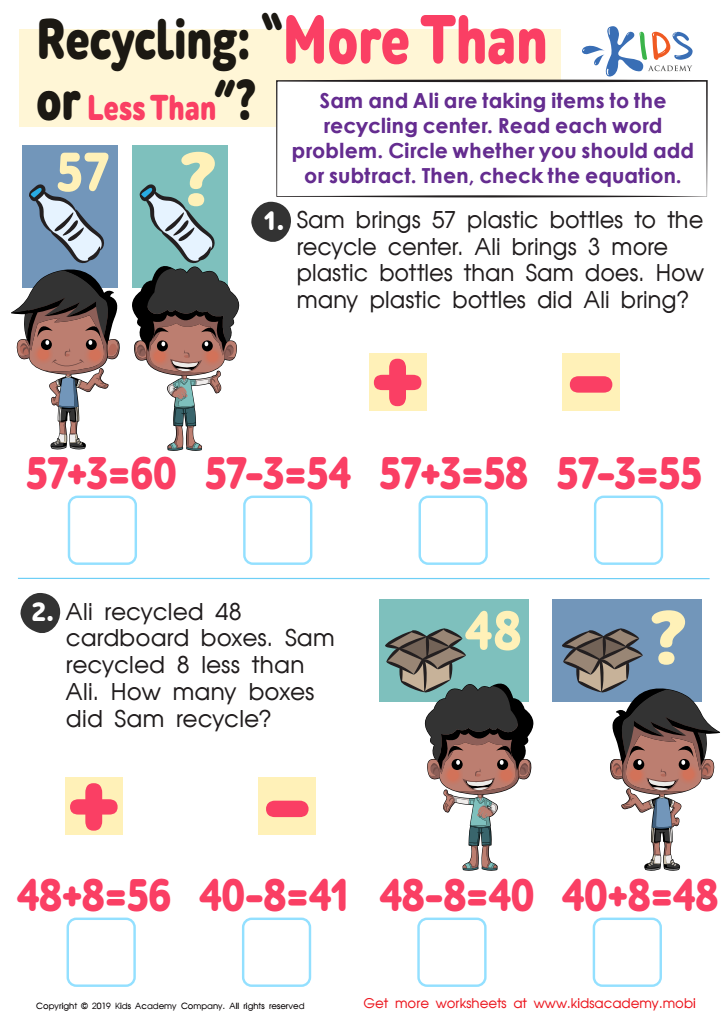

Recycling - More or Less Worksheet
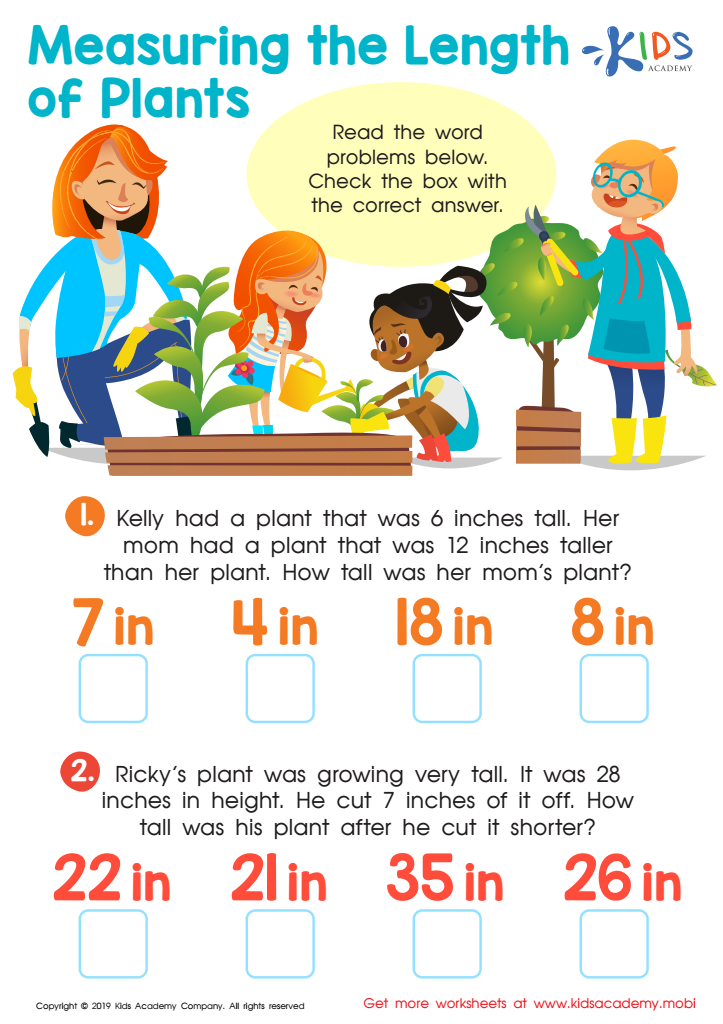

Measuring the Length of Plants Worksheet
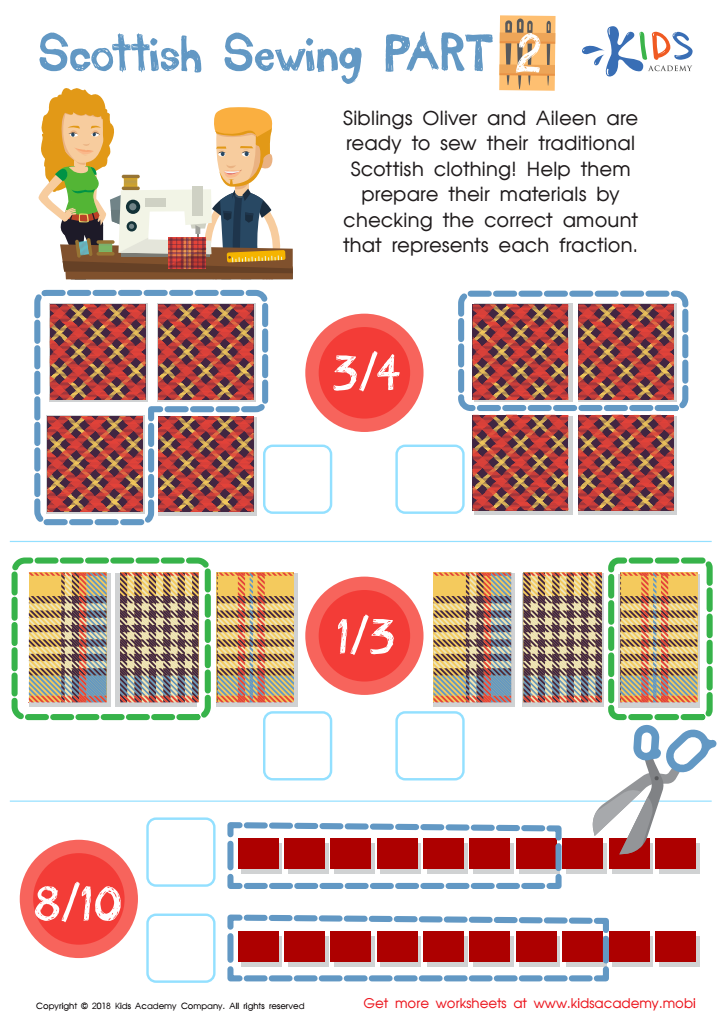

Scottish Sewing Part 2 Worksheet
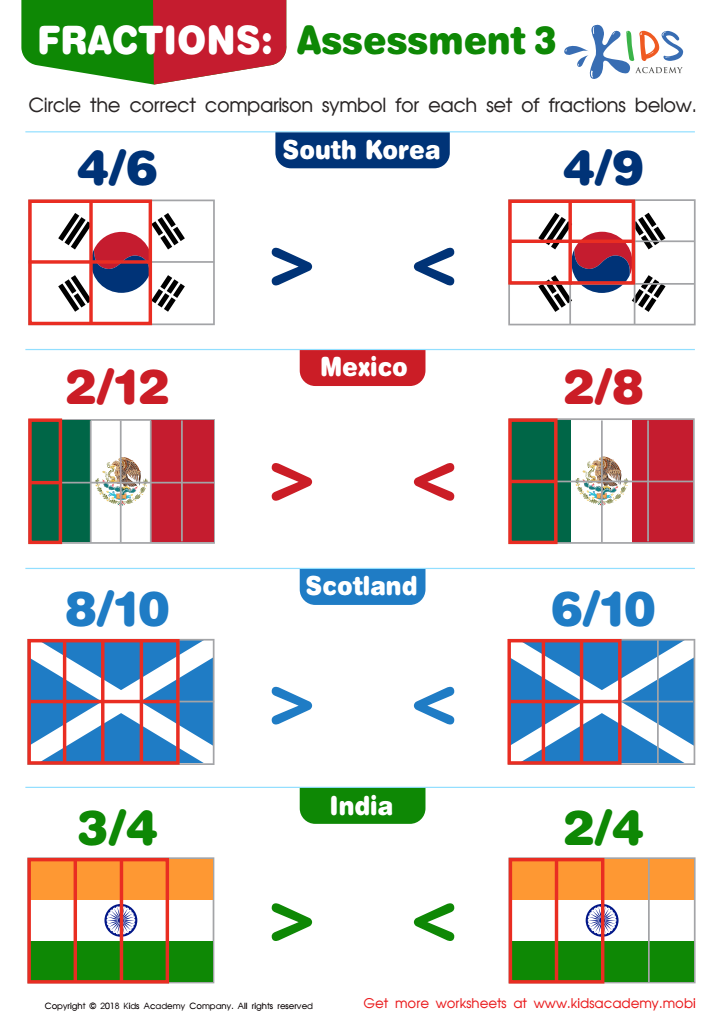

Fractions: Assessment 3 Worksheet
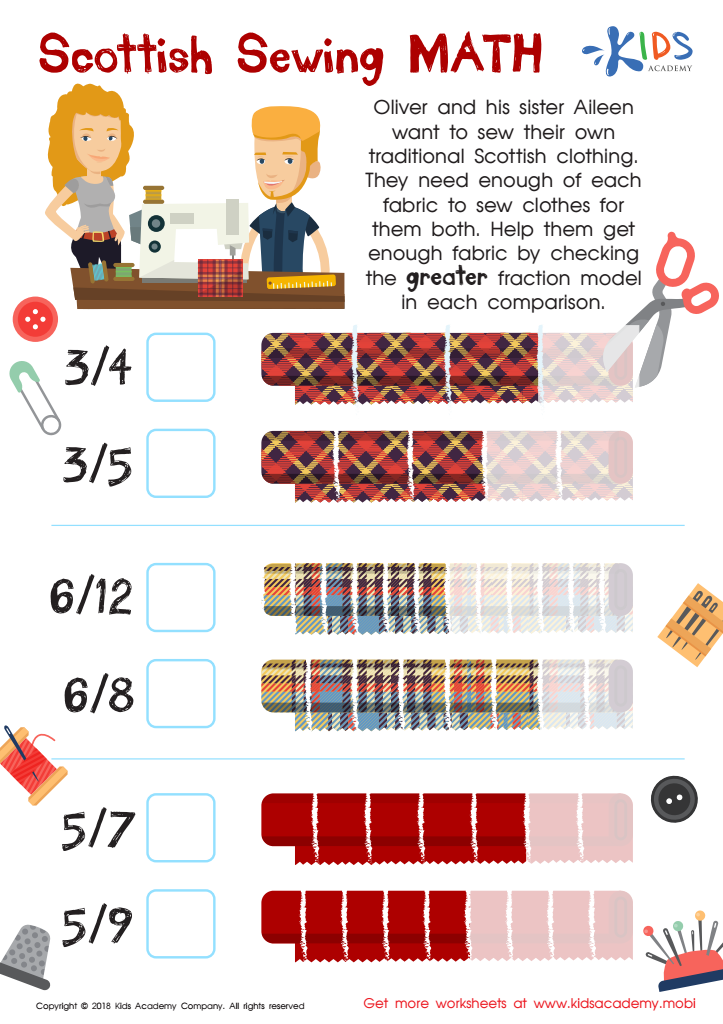

Scottish Sewing Math Worksheet
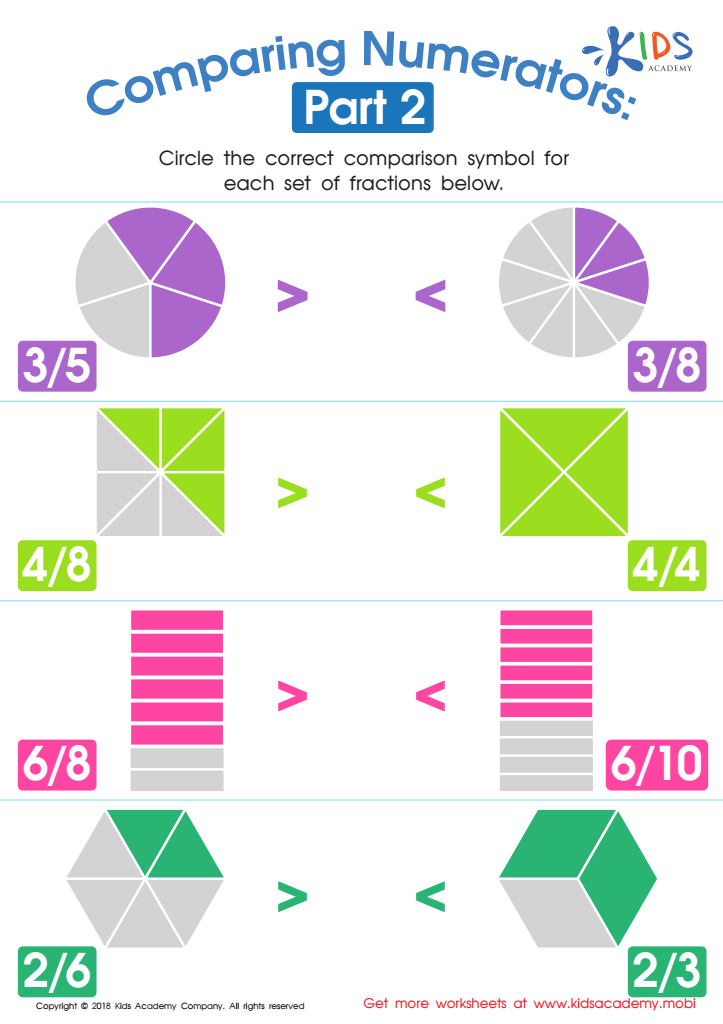

Comparing Numerators Part 2 Worksheet
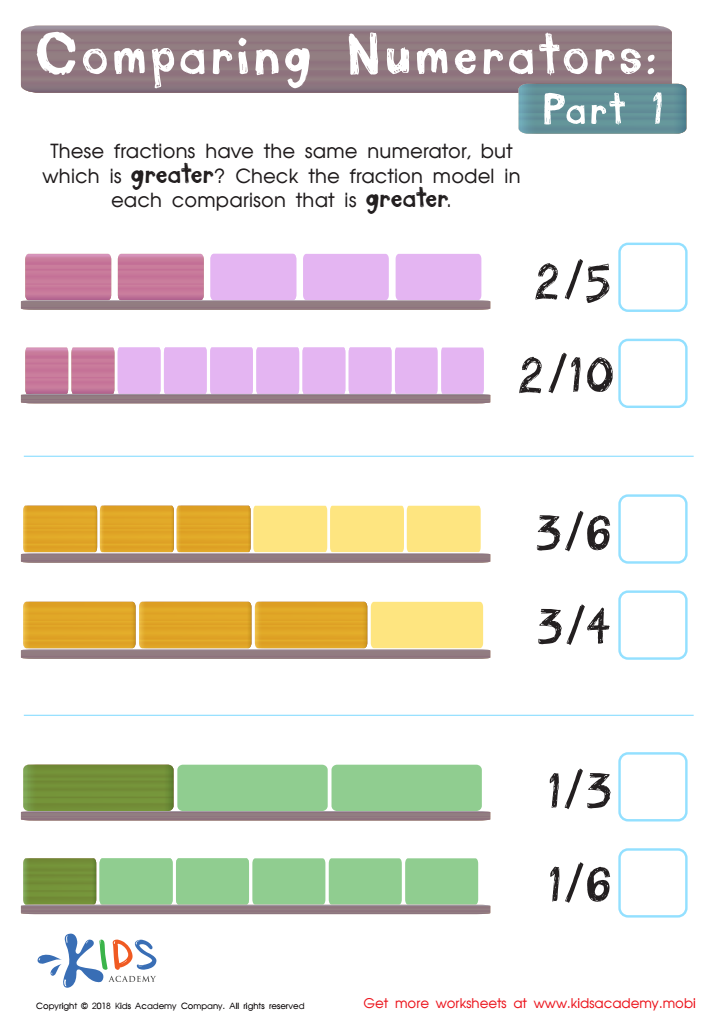

Comparing Numerators Part 1 Worksheet
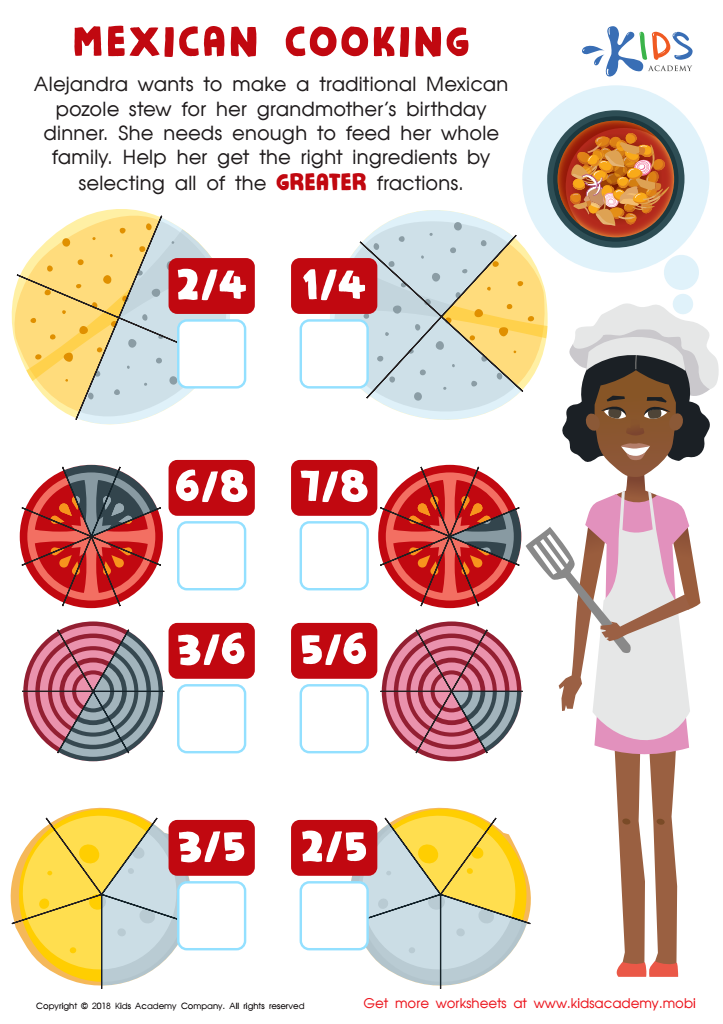

Mexican Cooking Worksheet
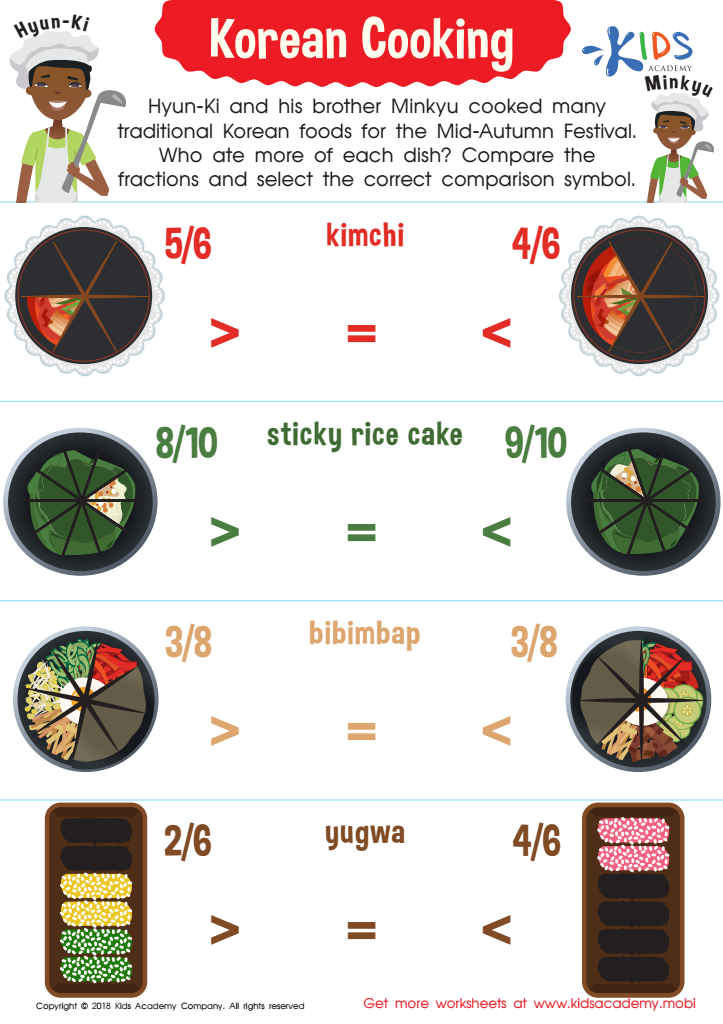

Korean Cooking Worksheet
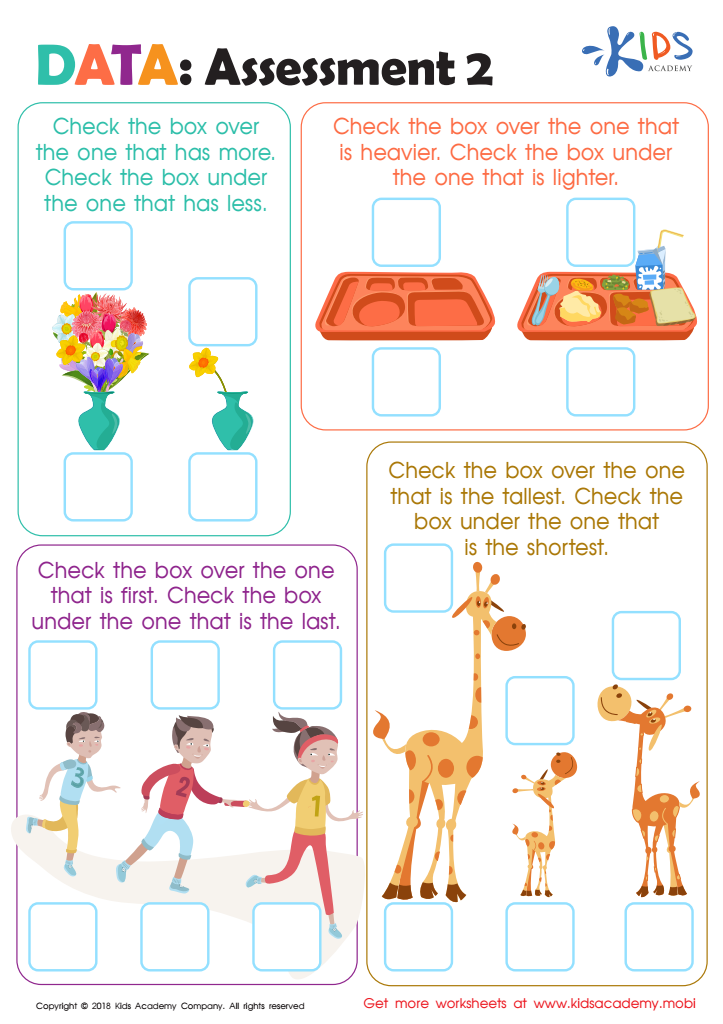

Data: Assessment 2 Worksheet
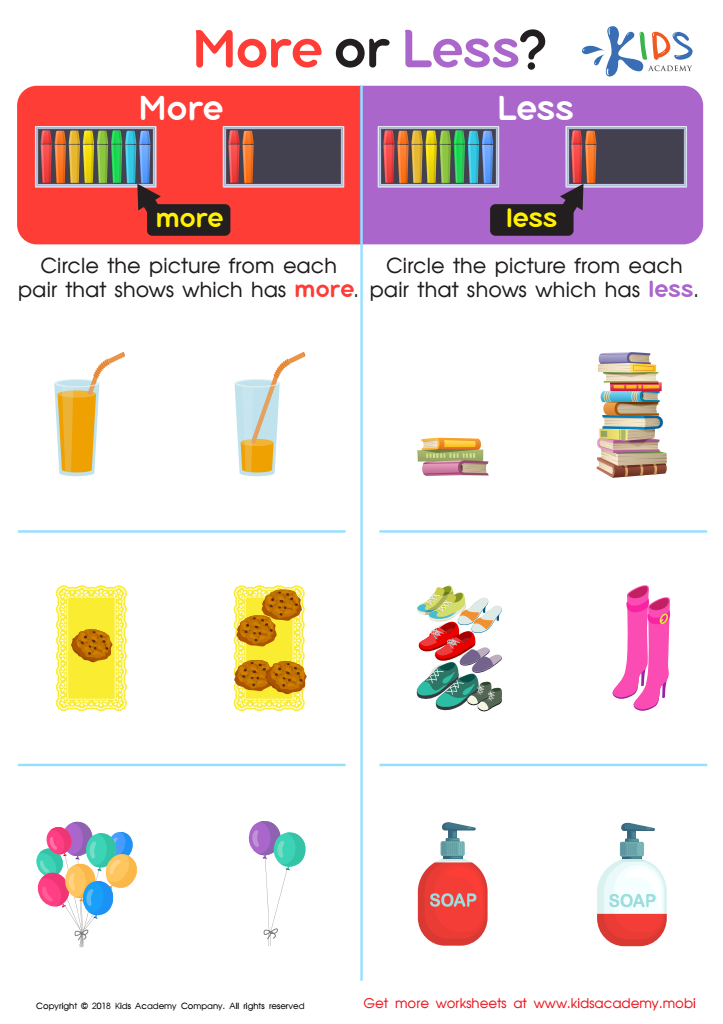

More or Less? Worksheet
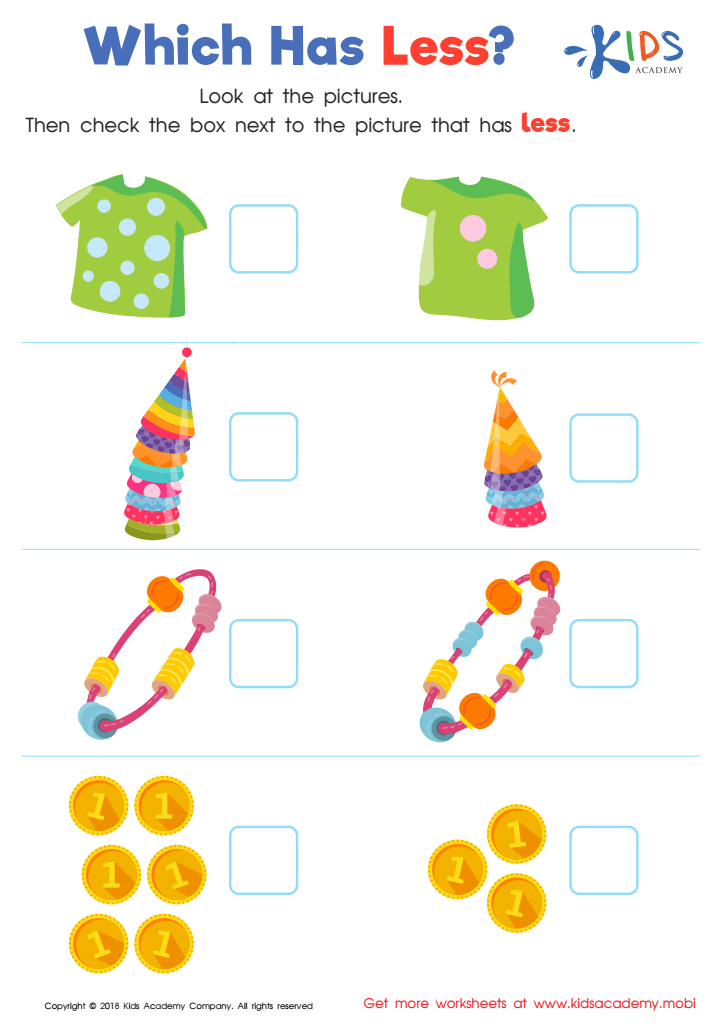

Which Has Less? Worksheet
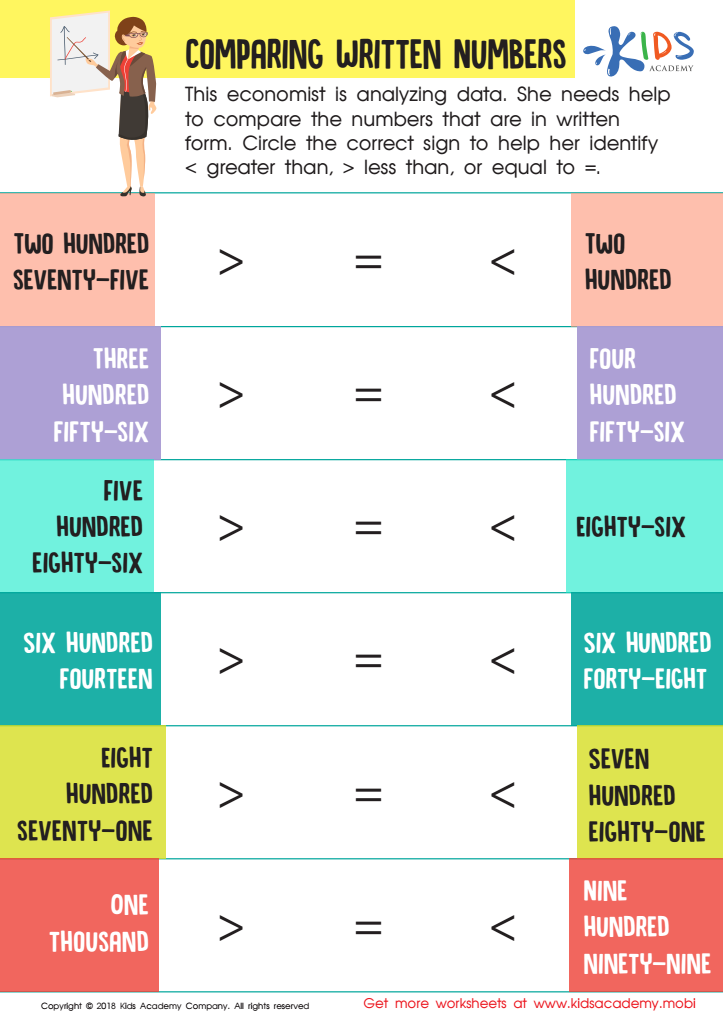

Comparing Written Numbers Worksheet
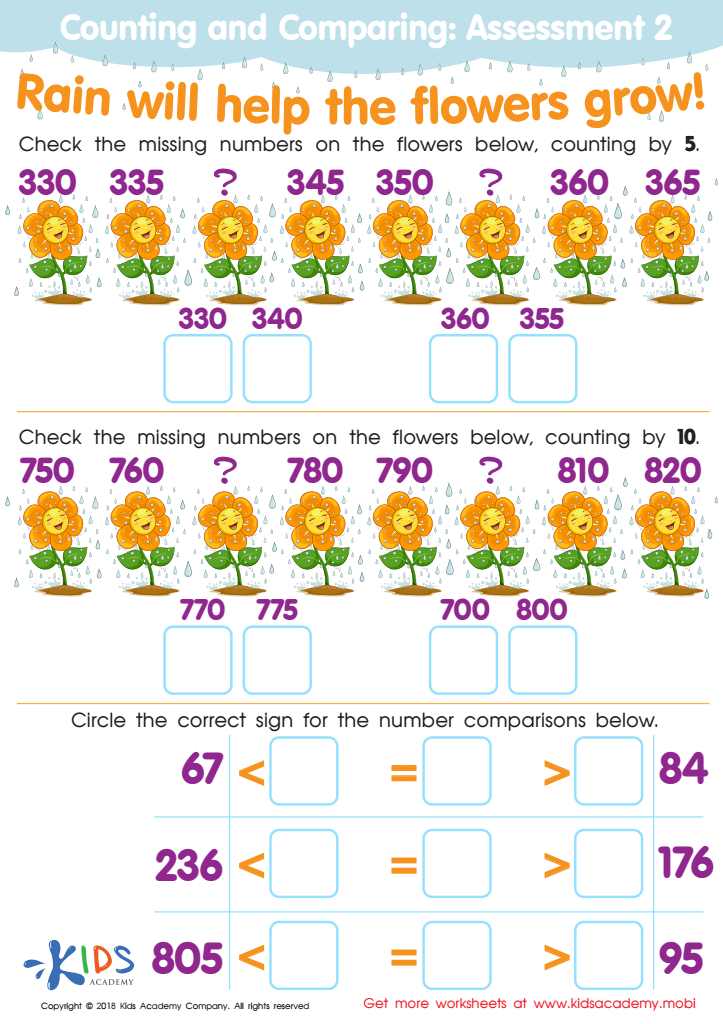

Counting and Comparing: Assessment 2 Worksheet
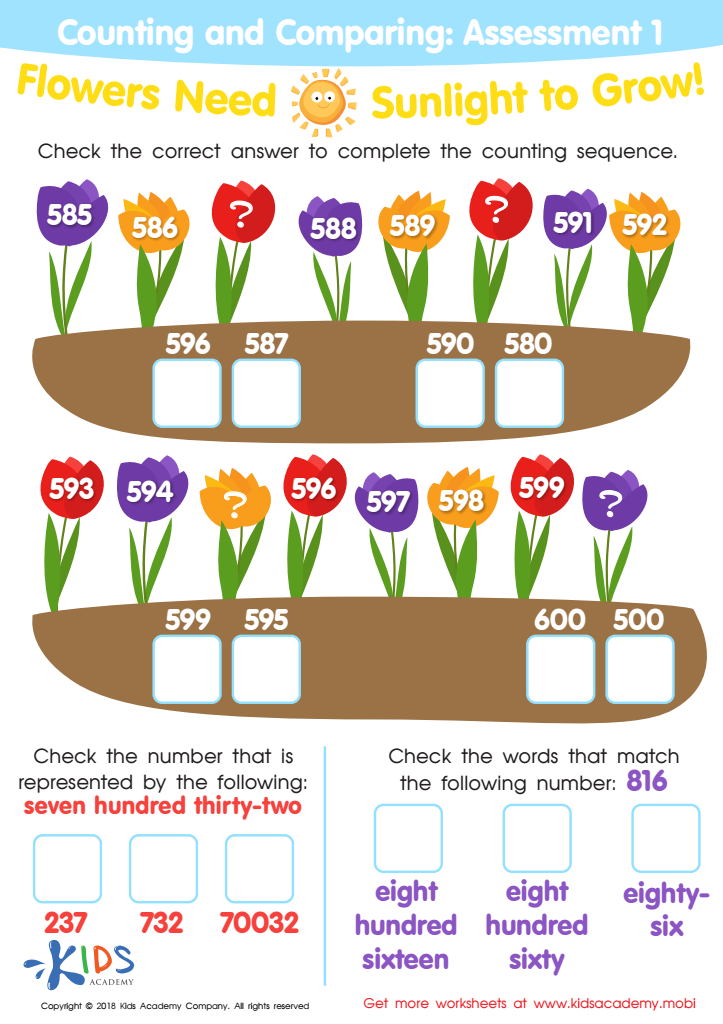

Counting and Comparing: Assessment 1 Worksheet
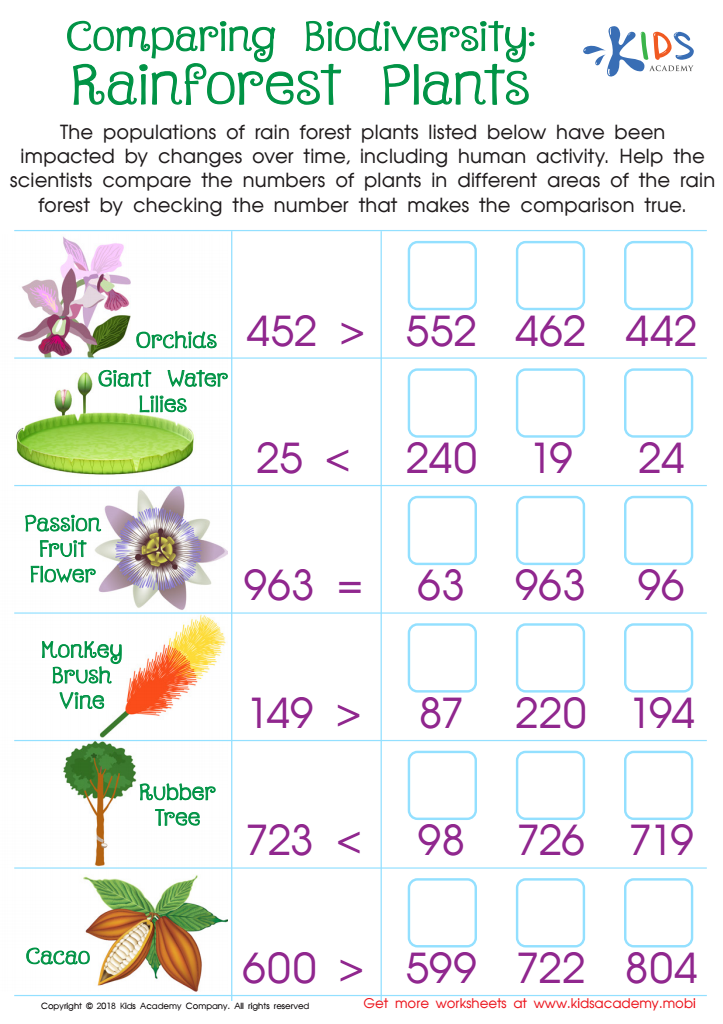

Comparing Biodiversity: Rainforest Plants Worksheet
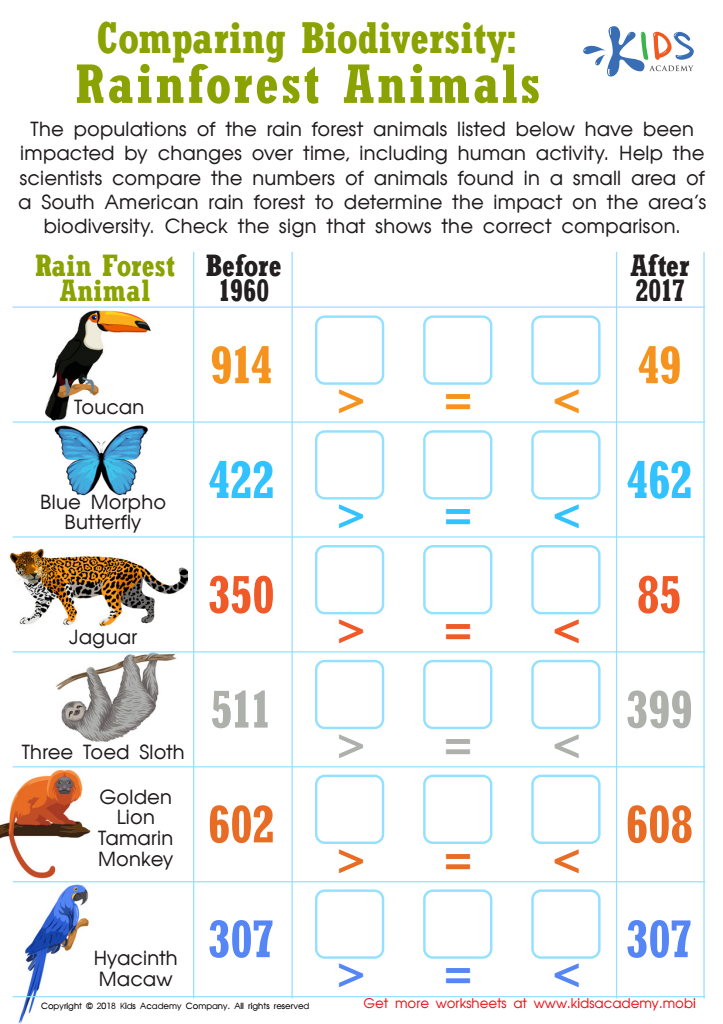

Comparing Biodiversity: Rainforest Animals Worksheet
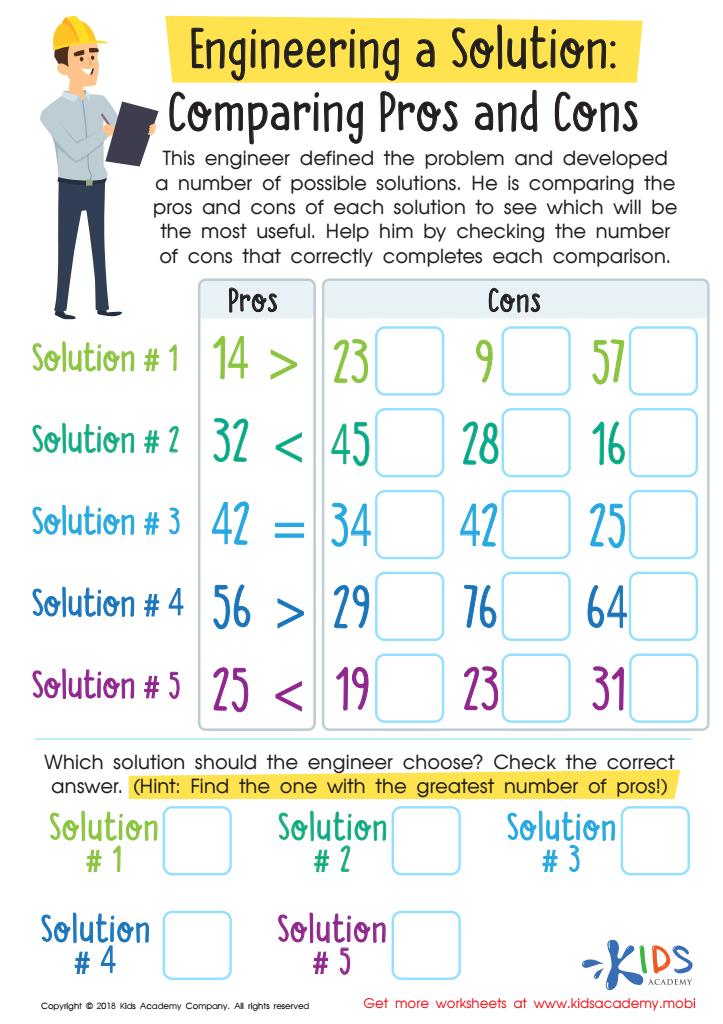

Engineering a Solution: Comparing Pros and Cons Worksheet
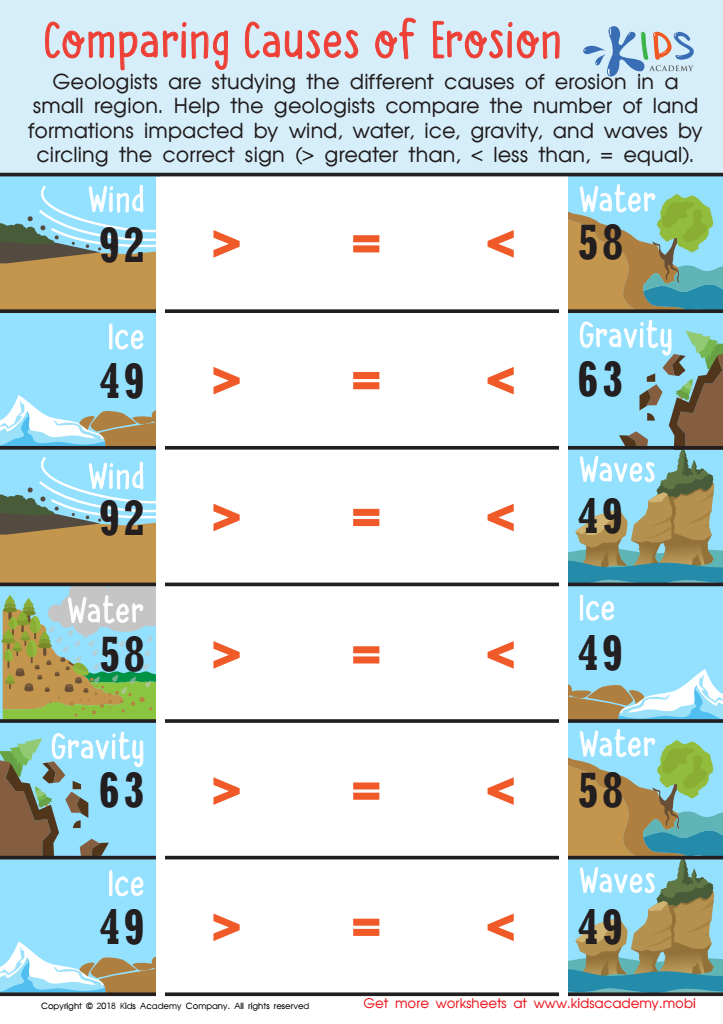

Comparing Causes of Erosion Worksheet
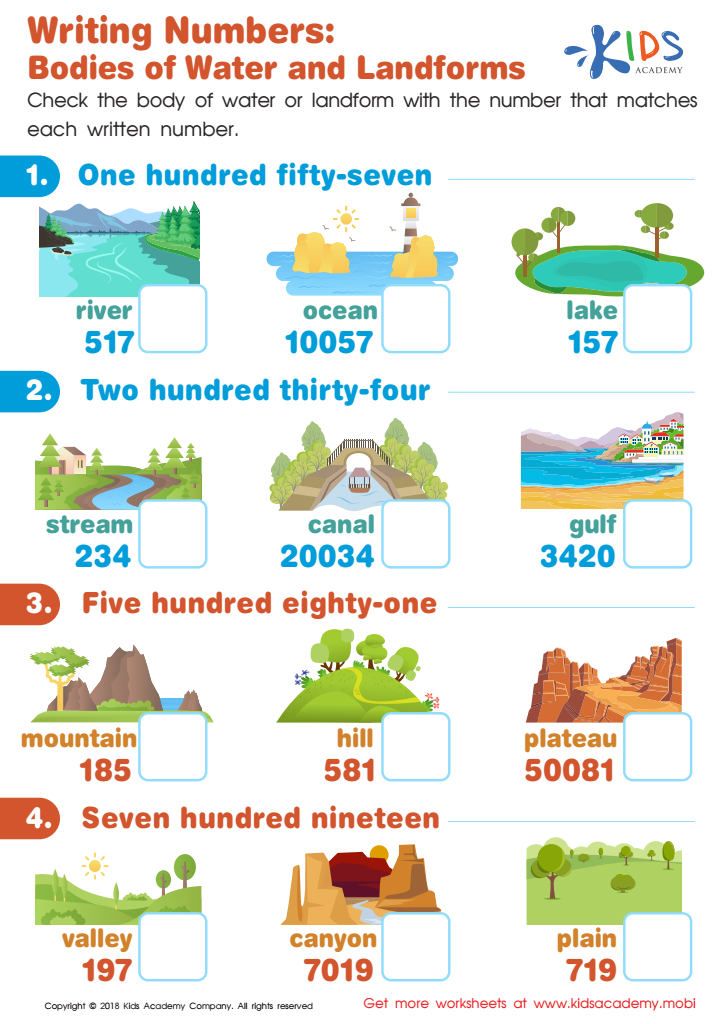

Bodies of Water and Landforms Writing Numbers Worksheet
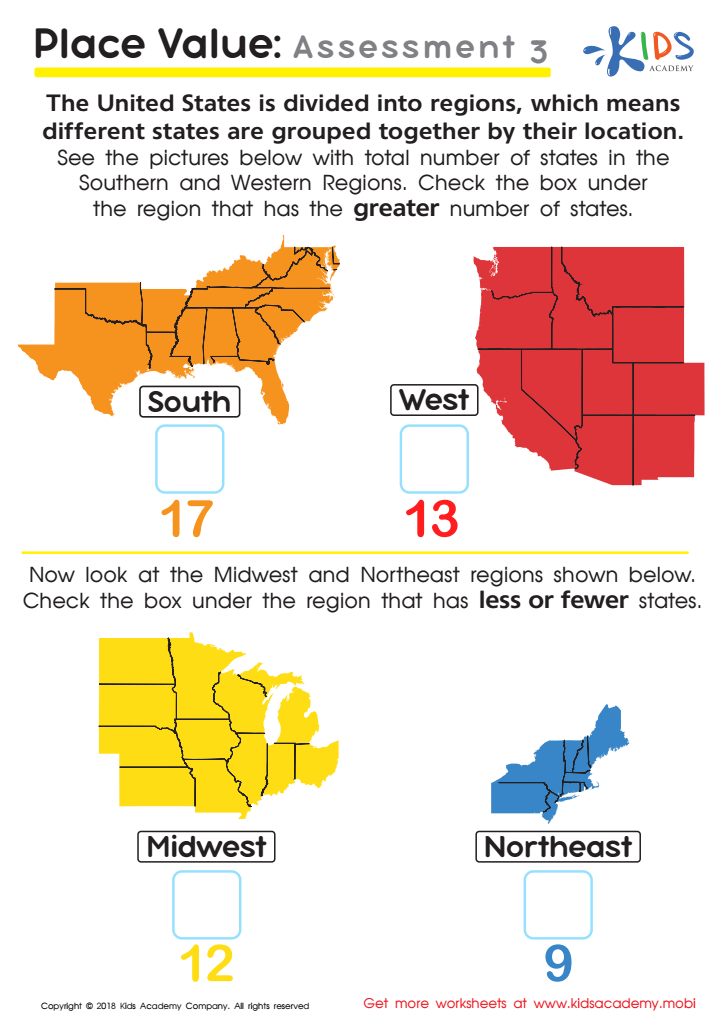

Place Value: Assessment 3 Worksheet
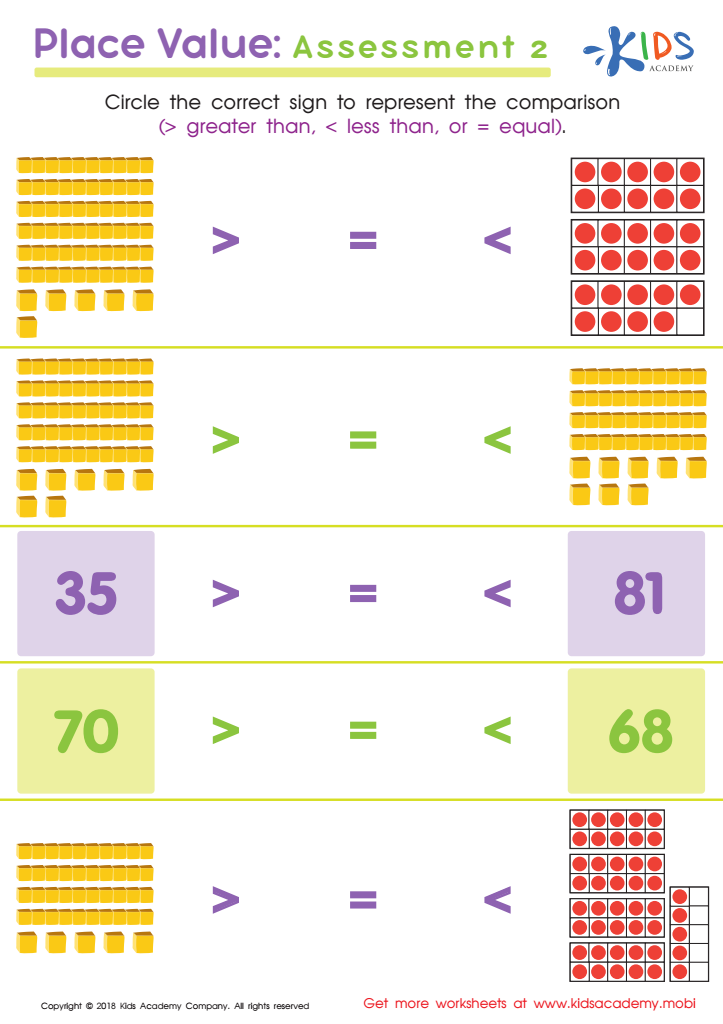

Place Value: Assessment 2 Worksheet
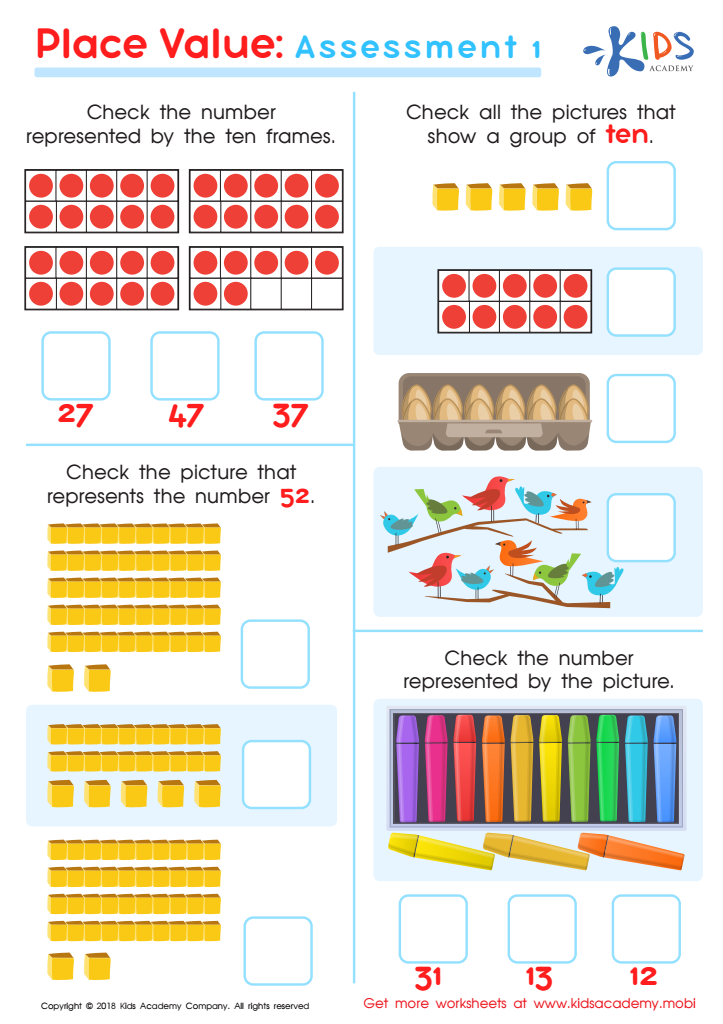

Place Value: Assessment 1 Worksheet
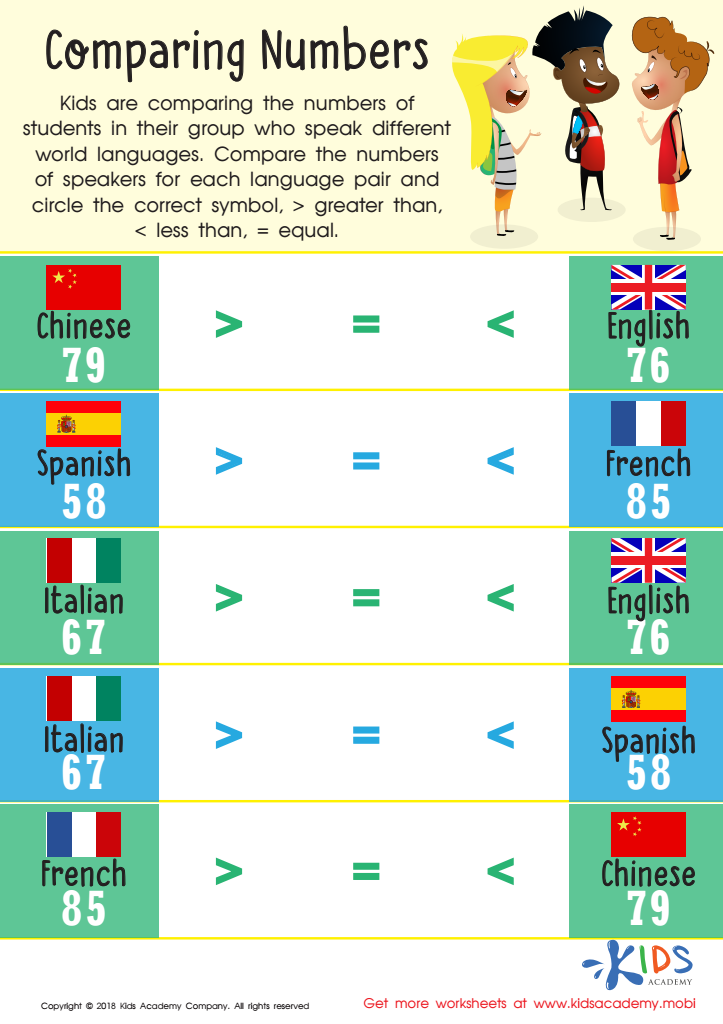

Comparing Numbers Worksheet for 1st Grade
Comparing numbers for children aged 4-8 is foundational for building their mathematical understanding. At this crucial stage, comparing quantities fosters number sense, which is the intuitive grasp of numbers, their relationships, and their magnitudes. This early skill is pivotal because it lays the groundwork for more complex arithmetic operations and problem-solving strategies that children will encounter later.
When parents and teachers prioritize activities that involve comparing numbers, they help children develop essential cognitive skills including critical thinking and reasoning. These children learn to make connections between numbers and real-world concepts like size, quantity, and patterns, which enhances their holistic development. For example, knowing that 7 is greater than 5 leads children to apply this knowledge in everyday situations, such as recognizing that a toy costing 7 coins is more expensive than one costing 5.
Moreover, engaging in number comparison activities aids in vocabulary development, introducing children to terms like "more than," "less than," and "equal to." This language proficiency supports their academic success beyond mathematics. Proactive involvement by parents and teachers in teaching these fundamental concepts nurtures a positive attitude towards math, making the subject approachable and enjoyable. By embedding these essential early practices, adults set children on a path towards confident, successful mathematical learning, benefiting their long-term academic journey.
 Assign to My Students
Assign to My Students
